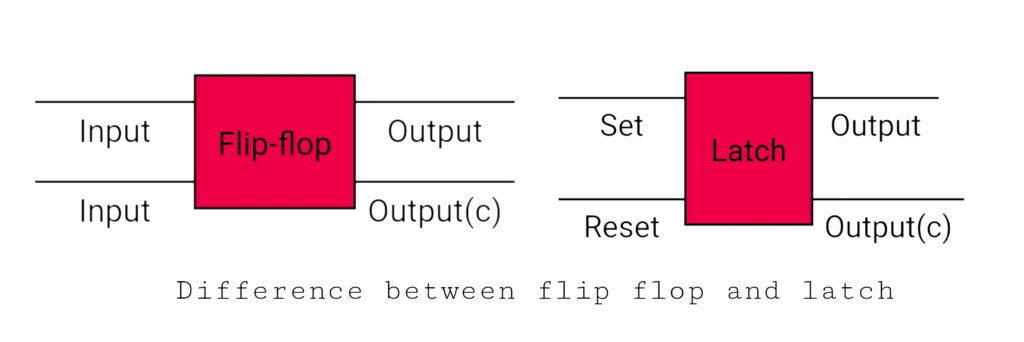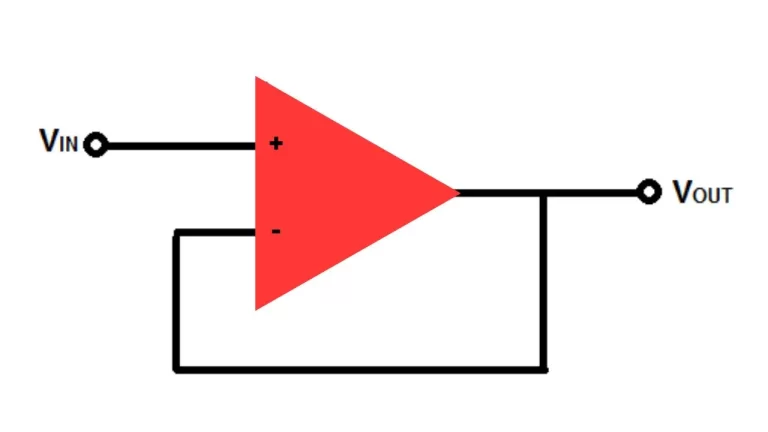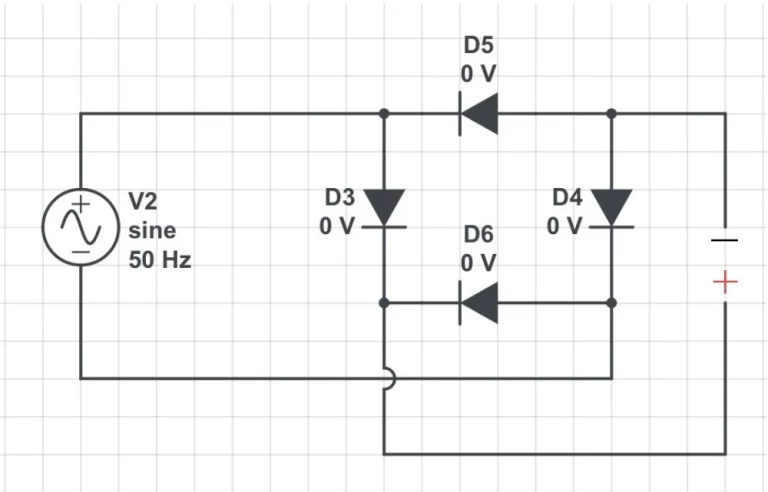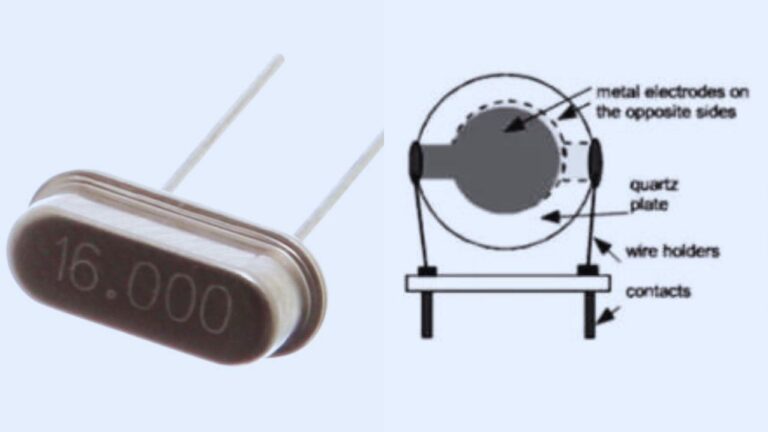
What is the difference between Latch and Flip Flop
The main difference between a flip-flop and a latch is that a flip-flop is an edge-triggering type memory circuit. The latch is the level-triggering type. For more clarity, it means that the output of the latch will change whenever the input changes.
The simple way of expression is that the latch will change when only the situation of the control signal of the input goes low and high visa versa. So we know the major difference between the Latch Vs Flip Flop. Let’s check this in detail below, so scroll down to read more.
What is Flip Flop
The flip flop is defined as it is a digital memory circuit that stores one bit of data in it. These are the primary blocks of the most sequential electronic circuits. So this is also known as one-bit memory or binary, bistable multivibrator. You can easily get the output in the sequential circuit using the flip-flop.
The flip-flop state will be repeatedly changing depending on the input clock pulse. This will remain unaffected in the absence of a clock pulse. The types of flip flops is listed below.
- Toggle Flip-flop
- SR Flip-flop
- JK Flip-flop
- Data Flip flop
What is Latch
The latch is an electronic device, it changes its output immediately based on the given input. It is used to store either 1 or 0. It contains two inputs named” SET” and “RESET”. which are complementary to each other.
Diff Between Latch and Flip Flop
| Flip Flop | Latch |
| It is a bistable device using edge triggered approach | Latches are level triggered approach |
| It needs more power than a latch | No classifications |
| It have a input clock signal | does’t have |
| It needs more power than latch | Less power needed |
| Slow speed of operation | Higher operating speed |





